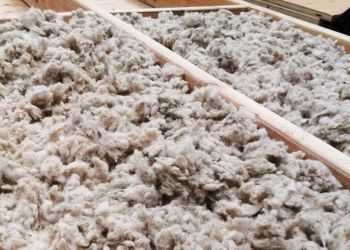Does a Listed Building require an EPC?
Firstly, what is an EPC? An EPC is short for an Energy Performance Certificate, a report that assesses the energy efficiency of a property. The report considers things like how well insulated the property is and it will tell you how much your bills might cost.
Listed buildings are generally exempt from the government’s requirement to have an Energy Performance Certificate. Recent regulations state that listed buildings are exempt from the requirement “insofar as compliance with certain minimum energy performance requirements would unacceptably alter their character or appearance”.
So does that mean that a Listed building is exempt? Then no it does not. As not all listed buildings are historic and not all changes would necessarily have a negative impact, this is not as easy as suggesting that all listed buildings are exempt.
Part of our work at Smith Heritage is advising clients on the most appropriate way of insulating and improving the thermal comfort in their properties. Listed or otherwise, if a building is a solid wall construction, insulating either internally or externally will have an adverse effect and will be exempt. We can apply for EPC exemptions for all solid walled buildings, not just listed ones.
Historic England recommend that if there is uncertainty over whether compliance would unacceptably alter the character of a listed building advice should be sought from the local authority conservation officer.
It should be respected and understood that there is a serious issue with carbon emissions from existing housing stock that needs to be addressed. One in five buildings in existence were built pre-1930, and it is obvious that they must be understood and maintained by professionals with working knowledge of old buildings and how they were built or we will make the issues worse. There is no reason why an old house cannot be warm and efficient. Understanding the right way to do things and materials to use is where we are experts and can advise you to make the right decisions for your home.
Initial steps like draught proofing and insulating the loft are often carried out on a DIY basis but there are a range of companies who specialise in draft proofing sash windows or sympathetic double glazing systems. If your plans are more ambitious you may need expert advice from a ground source heating engineers or a supplier of insulating plasters and renders.
